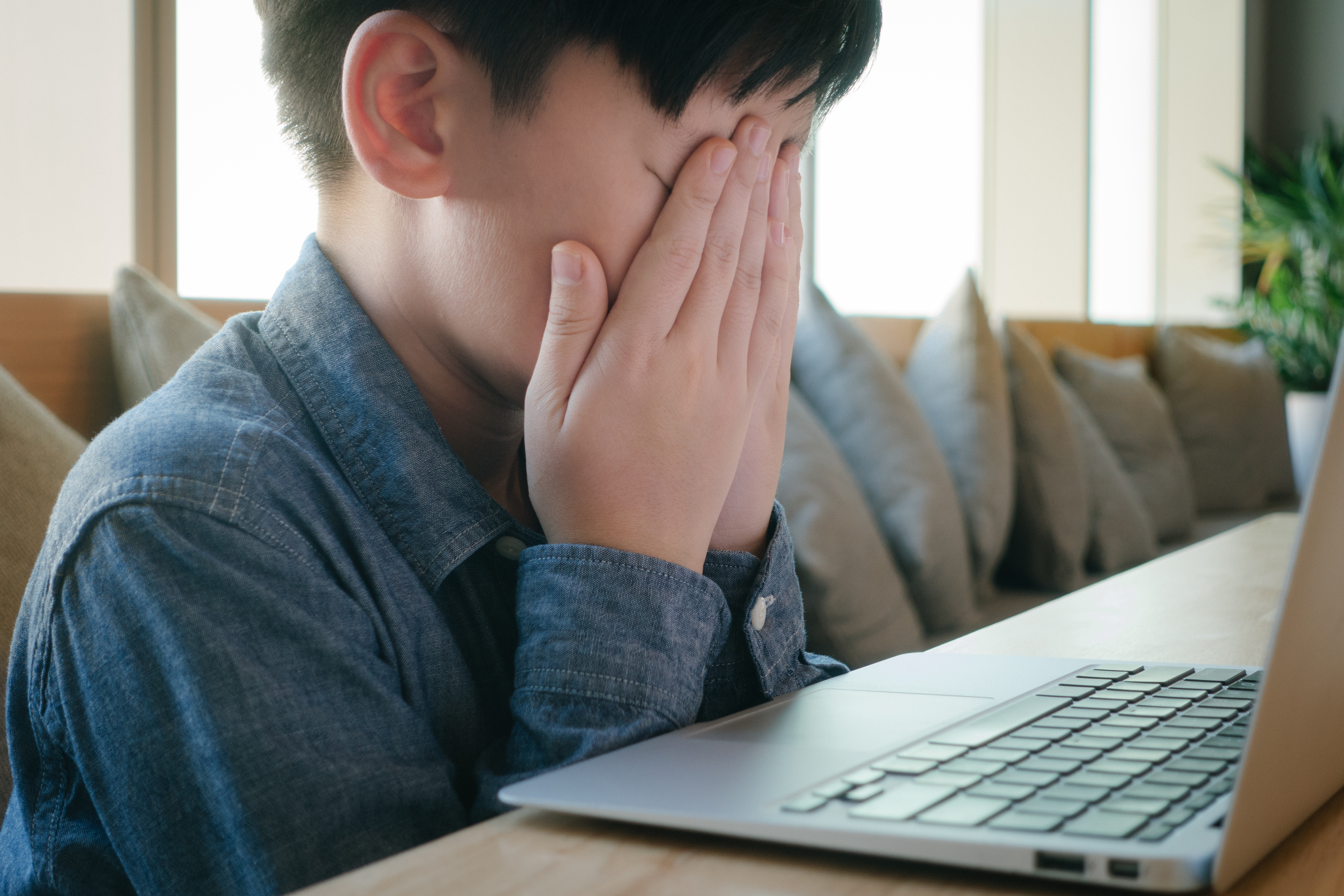It’s nearly October and for the many children going to school online (and their parents) – Zoom fatigue has really set in.
Kids are not meant to consume all day and be always “on” as they are in a back-to-back video conference environment and it’s making many of them cranky and exhausted.
A recent survey by Common Sense Media found that teens definitively think online learning is worse than in-person learning. A majority of teens (59%) say that online learning is worse than in-person schooling, with 19% characterizing it as “much worse.”
Among those teens who want to return to school in person, almost half (46%) say it’s because they learn better in person, with 30% saying it’s because they miss the social interaction they have with friends and other students. We wonder if it’s also the content and experience being offered remotely?
An alarming amount of teens seem to have little confidence in the safety their schools can provide (indeed, about 70% of teens say that they trust their school only “a little” or “not at all” to take enough precautions to keep them safe during the pandemic). Only 30% say they trust their school “a lot”, which may be echoed by many parents and politicians also.
So far it seems that distance learning will continue to be a reality for many students, but there are some ways to help offset Zoom fatigue. Here are some of our suggestions:
Implement a virtual recess – Building in breaks where students get up, take their eyes off the screen, move around, listen to music, stretch or do a few yoga poses helps the mind and body reset and inspires creativity.
Promote project based learning – Projects are great as you can start as a group, then split off into individual work offline, then come together to reflect.
At WURRLYedu we encourage recording and reflecting, which fits perfectly into almost any project based learning. Allowing for students to go off Zoom and record themselves practicing a speech, singing a song, or creating a music video on a particular topic or the like, can inspire students and give them a much needed break from watching the computer screen!
The importance of the recording is obvious – it provides greater self-awareness, better management of performance anxiety, and proof of progress.
The reflection is equally important as it closes the feedback loop. If students don’t ever see the teacher or student feedback, it devalues the work itself. And don’t forget the power of FOMO (fear of missing out)! Kids won’t want to miss out if they see their classmates turning in fun and engaging videos.
Create opportunities for students to socialize in smaller groups – Smaller groups makes it easier for kids to stay engaged – whether that be for an actual class, lunch with their friends, a virtual scavenger hunt, or a dance party, finding opportunities for them to connect and reinforce relationships is necessary as they can’t do it in person right now.
Mix music into the day – Music and the Arts are an important part of your child’s education (that they are missing right now) and can also play a fun role while kids are stuck at home. Whether they simply listen to music to relax, create a personal playlist, practice an instrument, sing karaoke, or use music to inspire creative writing, musical activity involves nearly every region of the brain. Encourage them to share music with their friends – it will only deepen their connection and spark conversations. There are many online music education resources available including free video tutorials from WURRLYedu that will inspire kids to sing, play, practice along to, and record their favorite songs.
And remember to add in some offline activities into the day. Go for a walk or a bike ride, get some ice cream, cook dinner together, and let kids vent about Zoom fatigue. Sometimes just talking about how tired and overwhelming it can be, can all make a huge difference.


